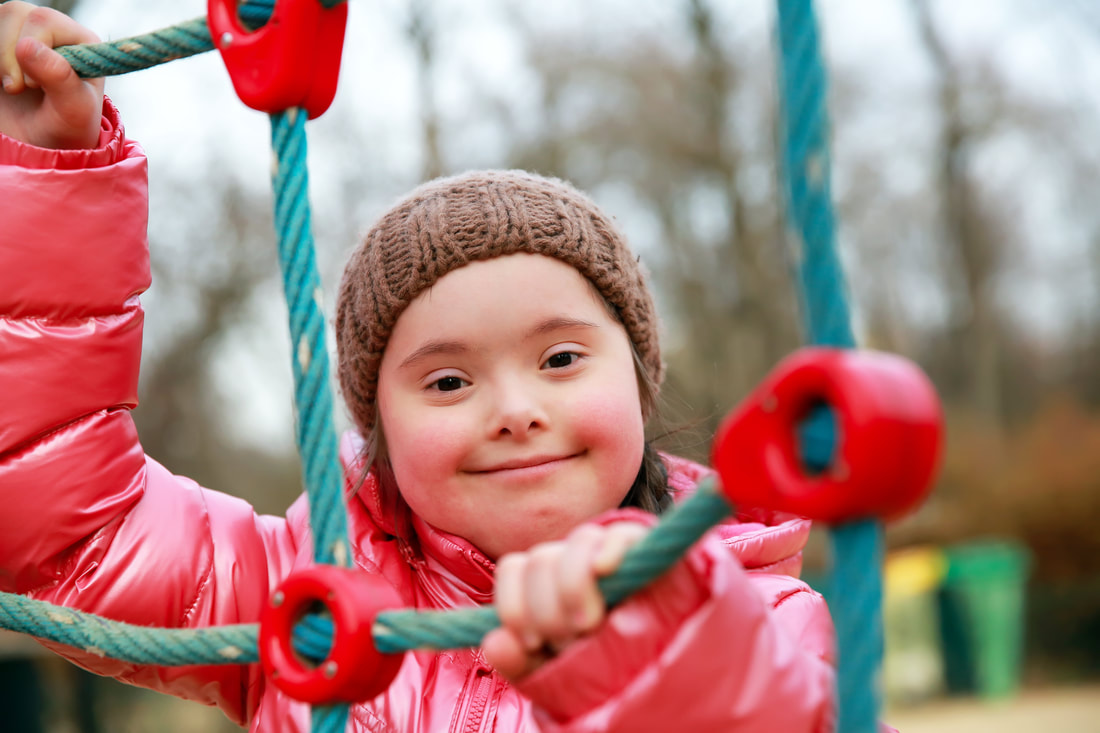Active Playtime |
Page 8 |
|
Current recommendations suggest all children should be physically active every day. Children get many benefits from being physically active, including:
|
Even though young children tend to be naturally active, it is important for adults to recognize that they do not develop advanced motor skills, like kicking and hopping, without encouragement and adult involvement. As children develop more advanced motor coordination, they begin to increase their self-esteem and link physical activity with positive experiences. Both of these are important to lay the groundwork for being regularly active into adulthood.
Preschool-age children need at least 120 minutes of active play every day, including both structured (teacher- led) and unstructured (free play) to maintain their fitness levels and to develop physically, mentally and emotionally. Physical activity periods should be long enough for children to also get health benefits. Active playtime means that children are allowed to move freely, enjoying active movements such as skipping, running and climbing.
Tips for encouraging active playtime in your program:
- Create a daily schedule that includes active play.
- Include two to three blocks of active playtime across the day. Include both inside and outside play.
- Use active learning in daily lesson plans, allowing for children to learn through movement.
- Listen to music and get the classroom moving.
- Give parents information about the importance of physical activity for children’s physical, mental and emotional health.
- Talk to parents about the activities children do during the day.
- Encourage parents to spend time enjoying active play with their kids at home.
- Send home ideas for family physical activities.
- Play with children.
- Make physical activity fun through active play.
- Have reasonable expectations.


